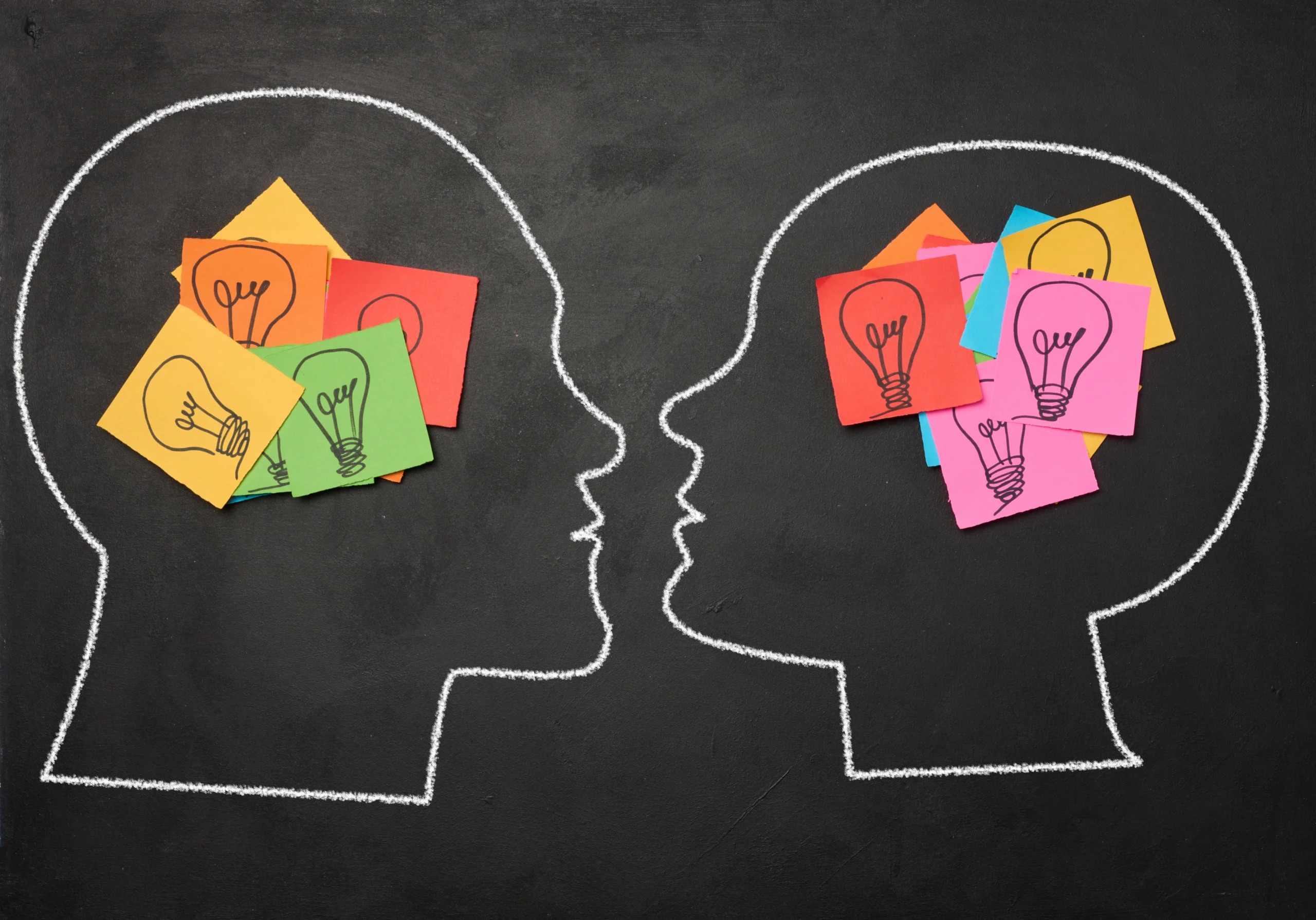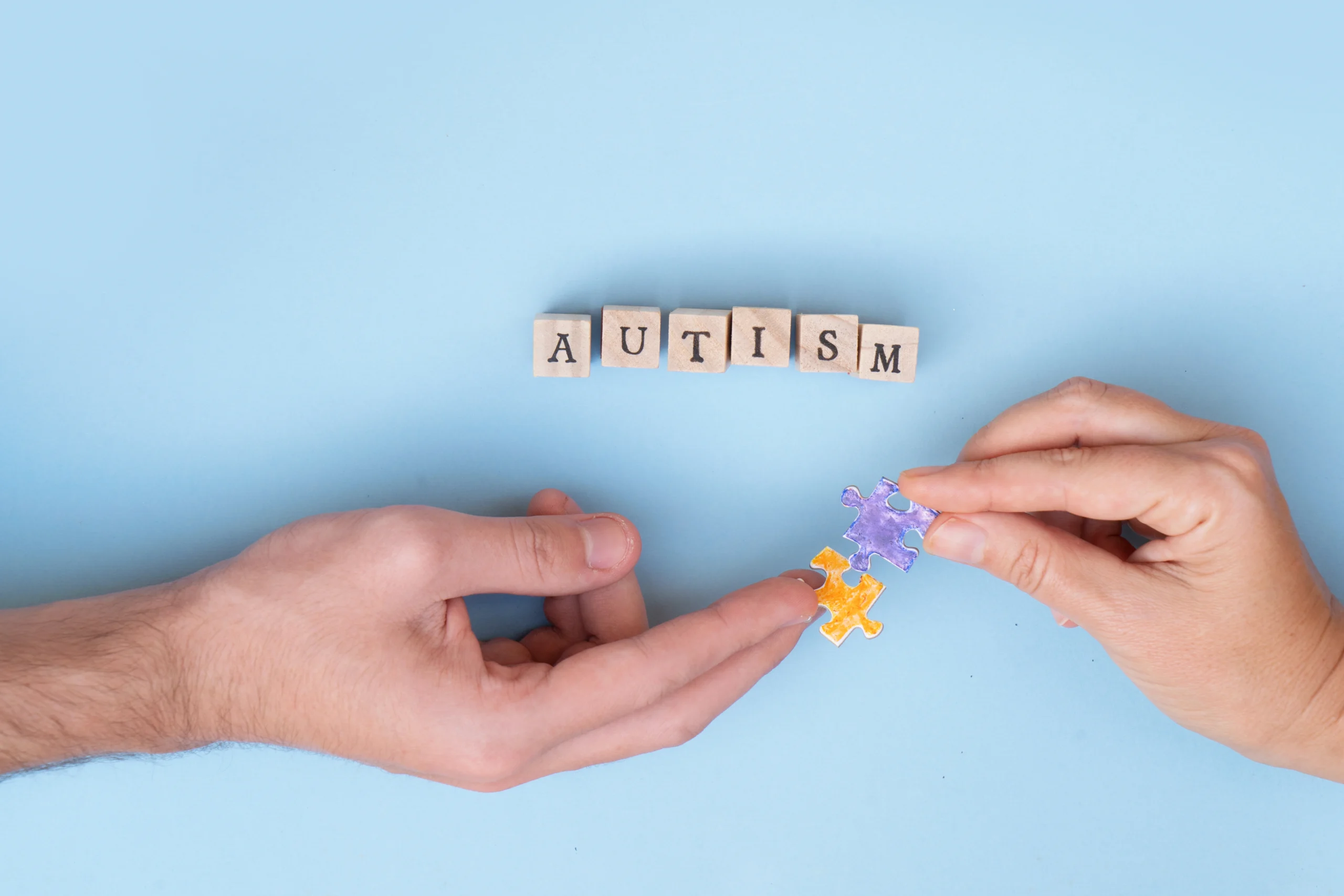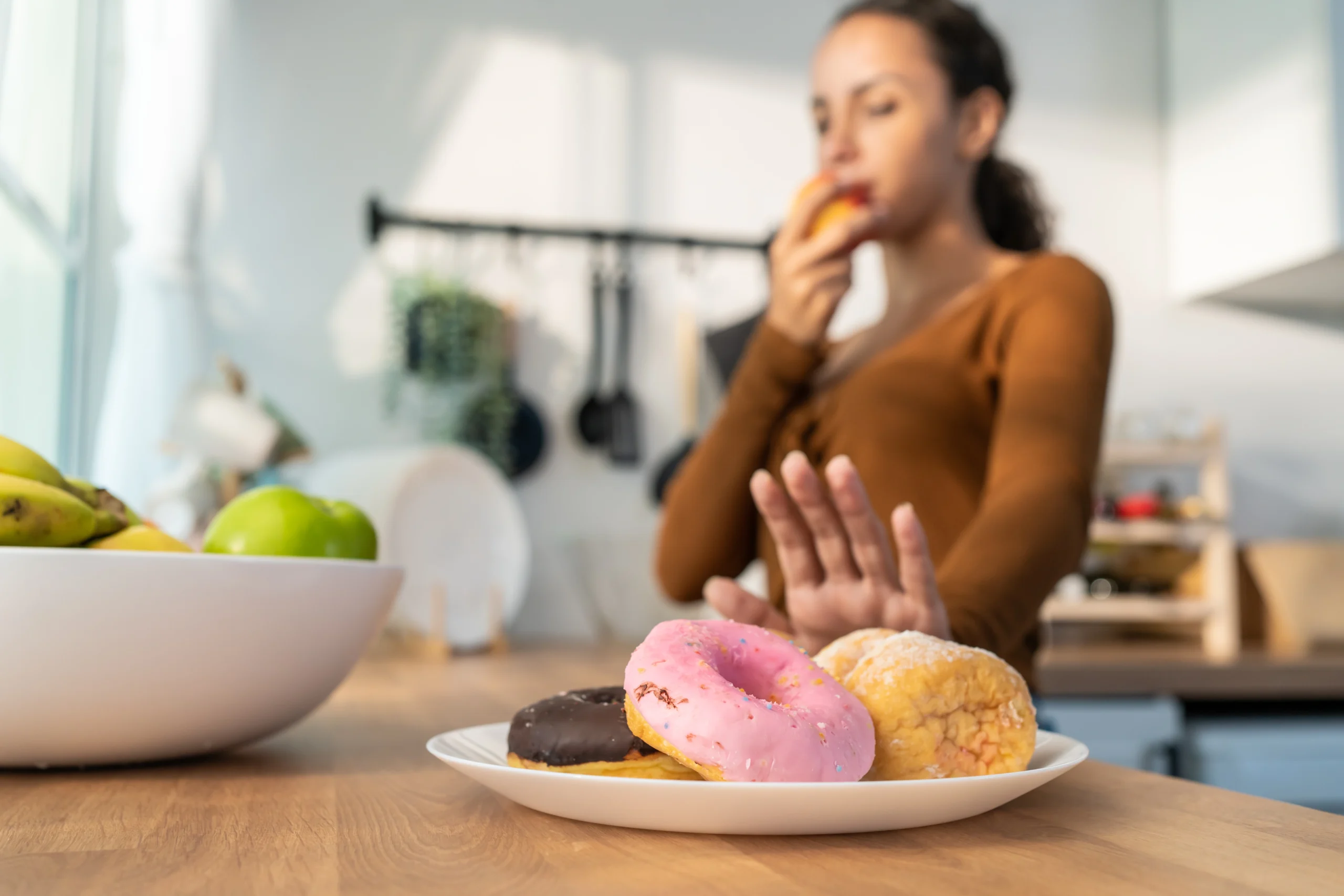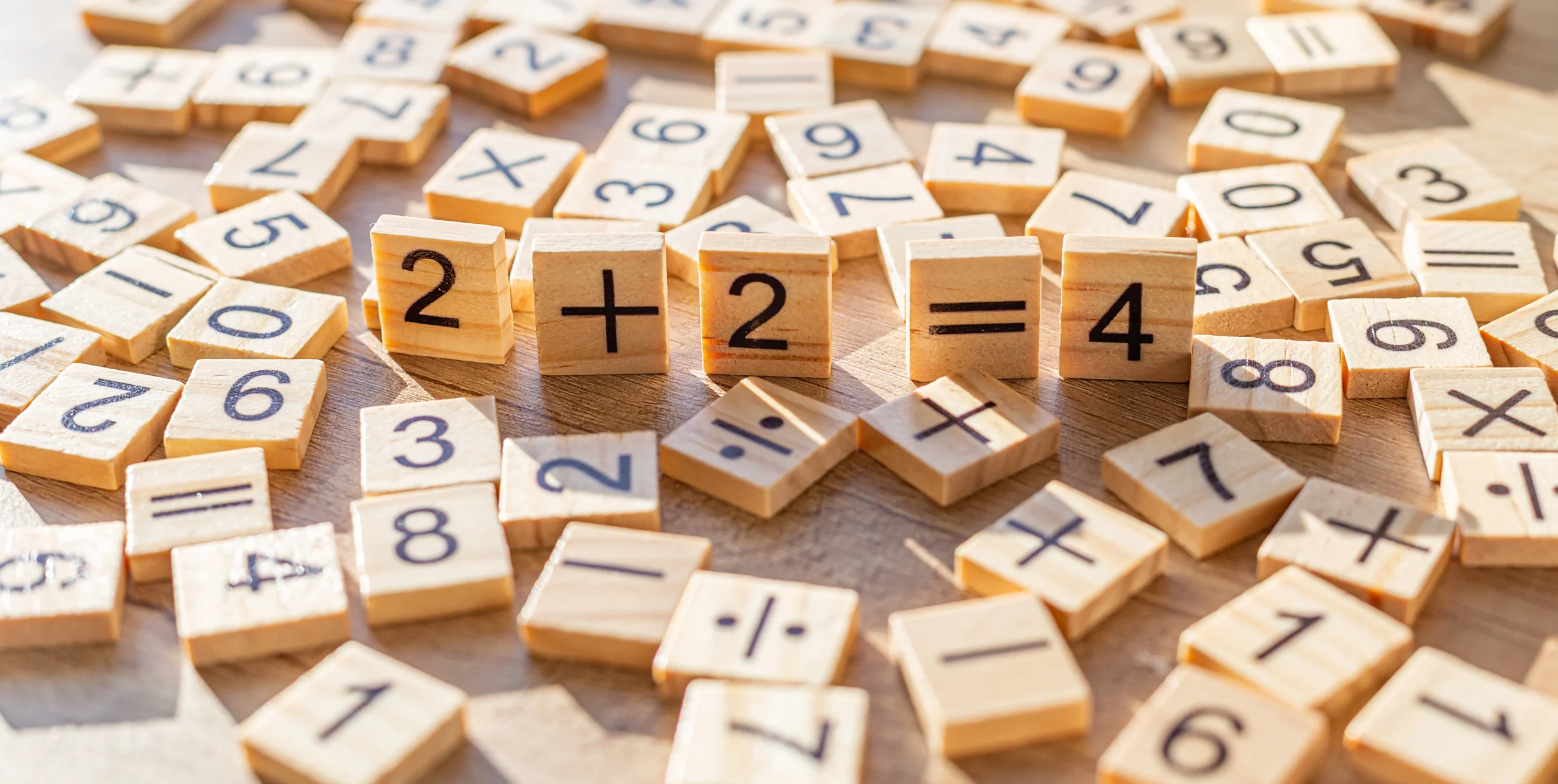Exploring the Brain’s Pleasure Chemical and When It Goes Too Far
As a therapist in India, I’m often asked: “Isn’t dopamine supposed to make us feel happy? So, wouldn’t more of it be a good thing?” It’s a logical question, especially in today’s world where everything from social media to sugar is designed to give us a quick dopamine hit. But like many things in life, balance is everything.
Let’s take a deep dive into what dopamine is, why it’s important, and when “too much of a good thing” might actually be doing more harm than good.
What Is Dopamine—and Why Does It Matter?
Dopamine is a neurotransmitter—a chemical messenger in your brain—that helps regulate pleasure, motivation, attention, and reward-seeking behavior. When you accomplish something, eat something delicious, or receive praise, your brain releases dopamine. This makes you feel good and encourages you to repeat the behavior.
As an individual therapist, I’ve seen how dopamine is deeply tied to mental health conditions like anxiety, PTSD, and depression. But it’s also tied to habits like procrastination, binge-watching, compulsive social media scrolling, and even addiction.
1. Dopamine Overload: When Pleasure Becomes a Problem
In modern society, we’re surrounded by instant dopamine triggers—notifications, reels, likes, junk food, shopping, and more. These quick highs overstimulate the reward system. And the more we overstimulate it, the more we crave. This creates a loop.
Signs of Dopamine Overload:
- Feeling easily bored
- Craving constant stimulation
- Struggling to enjoy everyday activities
- Difficulty concentrating
- Chasing more intense experiences to feel something
This is something I often see in group therapy sessions in Mumbai, where individuals realize their emotional regulation has been hijacked by external dopamine triggers.
Too much dopamine can actually desensitize receptors in the brain. That means the same activity no longer feels pleasurable, and you need more stimulation to achieve the same emotional response.
2. The Link Between Dopamine and Mental Health
Overactive dopamine systems are linked to several mental health concerns. For example:
- Anxiety and agitation
- Addictive behaviors (gaming, alcohol, online shopping)
- Mood swings or emotional dysregulation
- Obsessive-compulsive behaviors
Some studies suggest that people with chronic post traumatic stress disorder symptoms or OCD may have altered dopamine pathways, making emotional regulation more challenging. That’s why ocd treatment in India often includes behavioral therapy focused on reducing dopamine-driven compulsions.
Similarly, in PTSD treatment centers in Mumbai, dopamine management strategies can be a key part of long-term healing.
3. How to Rebalance Your Dopamine
If you’ve noticed that your attention span is shrinking, you’re constantly seeking stimulation, or you’re no longer enjoying the simple things, your neurotransmitter and hormone system might need a reset. Here’s what I suggest to many of my clients during anxiety management programs in Mumbai:
a. Practice “Dopamine Fasting”
This doesn’t mean cutting out pleasure—it means taking breaks from constant reward-based stimulation. Try:
- Taking a day off from screens
- Avoiding processed sugar
- Engaging in boredom without distraction
b. Reintroduce Slow Pleasure
Instead of scrolling, try activities like:
- Walking in nature
- Reading a book
- Cooking from scratch
- Drawing or journaling
These activities offer slower, more meaningful dopamine releases.
c. Seek Emotional Support
If the cycle feels too hard to break alone, reach out for help. Online psychologist consultation in India has made therapy more accessible than ever. Working with a licensed psychologist in India can help you identify what’s driving your neurotransmitter and hormone habits and offer sustainable solutions.
Why This Matters—Especially in India
India’s youth is among the most digitally connected in the world. But that also means dopamine overload is becoming more common—from exam stress to gaming addictions. As a family therapist in mumbai, I often work with families struggling to understand their teen’s mood swings or lack of motivation.
Through child counseling, teen therapy, and family therapy, we’ve found that small changes in routine, combined with structured emotional support, can significantly reduce emotional burnout caused by dopamine imbalance.
And this doesn’t apply only to teens. Many adults come in for relationship counselling india sessions, where dopamine-related burnout from work or social media has impacted their marriages. Through couple counselling mumbai and premarital counseling services in Mumbai, we explore these emotional patterns and rebuild healthy emotional responses.
Conclusion: Balance Over Boost
Dopamine is not the enemy. It’s essential to feeling joy, motivation, and reward. But in excess, it can lead us into cycles of craving, dissatisfaction, and burnout. The goal is not to eliminate neurotransmitter and hormone but to balance it.
If you’ve been struggling to feel fulfilled, motivated, or connected lately, it might not be a lack of willpower—it might just be a sign your brain needs a break. Therapy can help you tune in, reset, and rebuild healthier reward systems.
Want more tips like this? Follow me on Instagram, Facebook, and LinkedIn—I regularly post videos, stories, and insights to support mental well-being for people across India.
Practo Profile Line:
Ms. Tanu Choksi is a warm and friendly counselor and therapist, offering patient, non-judgmental, and rational solutions to personal problems.




